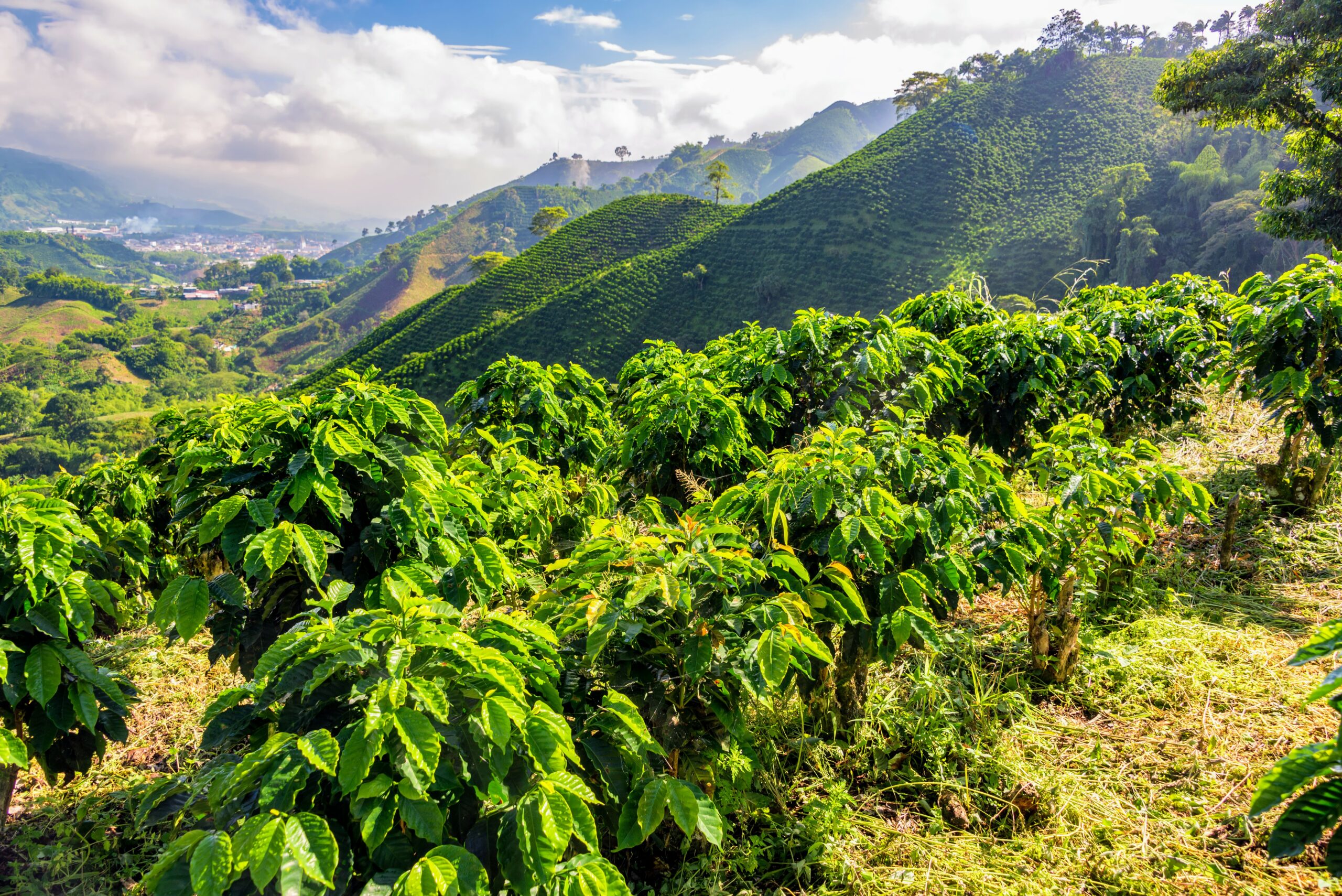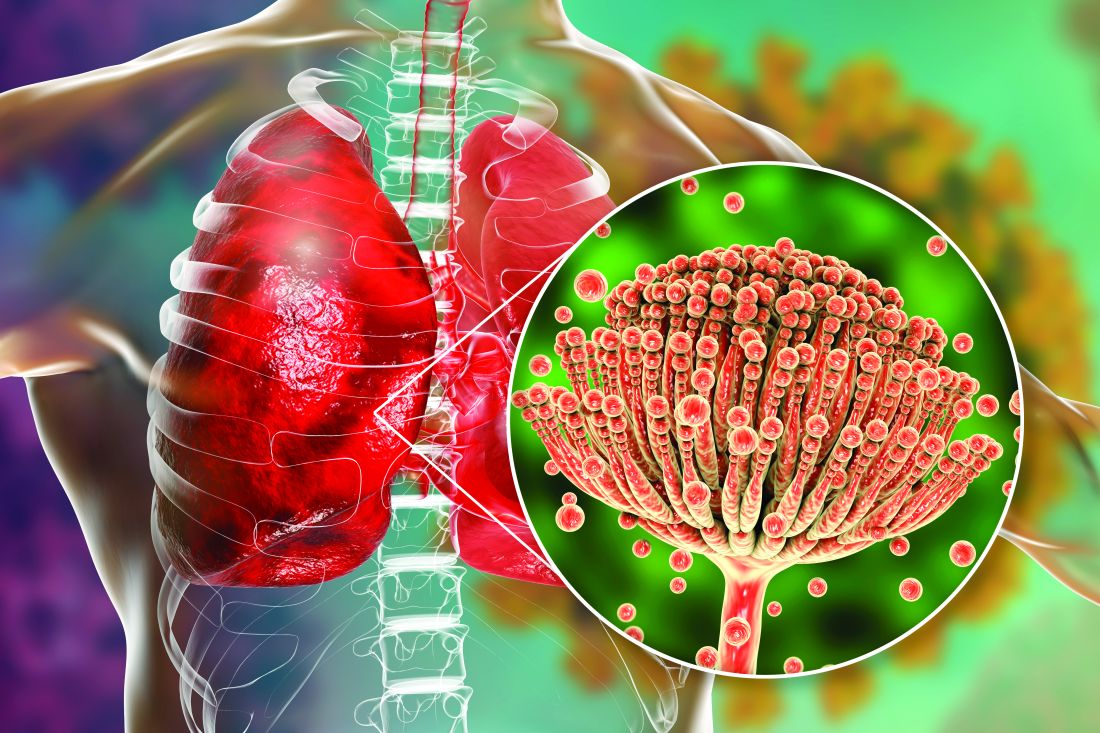How the Global Coffee Crisis Could Lead to a Zombie Apocalypse
A steaming cup of coffee is a staple to kick-start each day. Whether it’s for its taste and aroma or the caffeine jolt, 2.25 billion cups of coffee are consumed daily worldwide. However, climate change, market dynamics, and ecological issues are brewing the perfect storm—a global coffee crisis. In these trying times, we explore how the worldwide shortage of coffee beans may transform your morning joe into a story of the walking dead.
Disappearing Coffee: A Climate Change Curse
Rising temperatures and unpredictable weather patterns pose a significant threat to coffee production. Two major coffee bean species—Arabica and Robusta—are particularly sensitive to shifts in climate. The increasing frequency of droughts, excessive rain, and heat waves causes a decline in yield, affecting both the quantity and quality of coffee beans produced. A study estimates that by 2050, about 50% of today’s coffee-growing regions will become unsuitable for production.
Terrifying Economics: Market Dynamics Gone Awry
Economic factors also put pressure on coffee production. Barista-level wages and rapid increases in coffee consumption, especially in densely populated countries like China and India, drive up demand and prices. A sharp decline in supply leads to market volatility, causing significant fluctuations in the value of coffee stocks. The ensuing instability could disrupt global trade dynamics and leave millions of coffee growers and suppliers in survival mode.
Ecosystem Nightmare: Coffee and Deforestation
The encroachment of agricultural land into forests and other natural habitats poses a severe risk to global coffee production. Deforestation contributes to biodiversity loss, and the destruction of ecosystems directly impacts the life cycles of coffee plants. The reduction in pollinator populations—crucial for coffee productivity—leads to a lower yield, creating a vicious cycle. As the coffee crisis deepens, the remnants of wildlife left in once-thriving habitats become the unwitting victims of the insatiable human thirst for coffee.
Brewing the Apocalypse: Coffee Addicts Become Zombies
As the crisis grows, coffee disappears from store shelves, and coffee lovers face withdrawal. Deprivation of this energizing beverage not only leads to the disappearance of café culture but could also cause caffeine withdrawal syndrome—symptoms of which include irritability, fatigue, headaches, and difficulty concentrating. As millions of once wide-eyed coffee devotees trudge through days of brain fog, we face a world teeming with unfocused, irritable “zombies.”
Awakening from the Apocalypse
While the ‘zombie apocalypse’ metaphor lends itself to a sense of urgency, the realities of the coffee crisis are no less frightening. To prevent the decline of coffee production and ensure the planet’s well-being, we must:
1. Support research on climate-resistant coffee bean varieties that can adapt to extreme weather patterns.
2. Utilize technology to improve farming techniques and monitor climate conditions more effectively.
3. Encourage shade-grown coffee plantations and implement sustainable agricultural practices to curb deforestation.
4. Raise awareness among coffee drinkers and consumers to make informed and ethical choices.
While a world without coffee might not herald the arrival of real-life zombies, it underlines the interconnectedness of climate change, economic forces, and global ecology. The looming coffee crisis is a reflection of deeper problems we, as a global society, must resolve to pave the way for a sustainable future.








